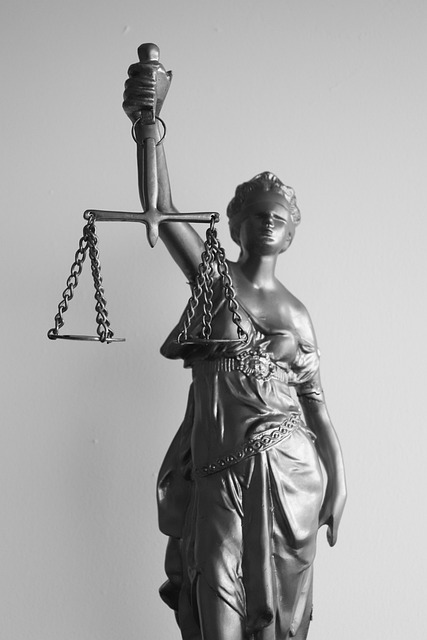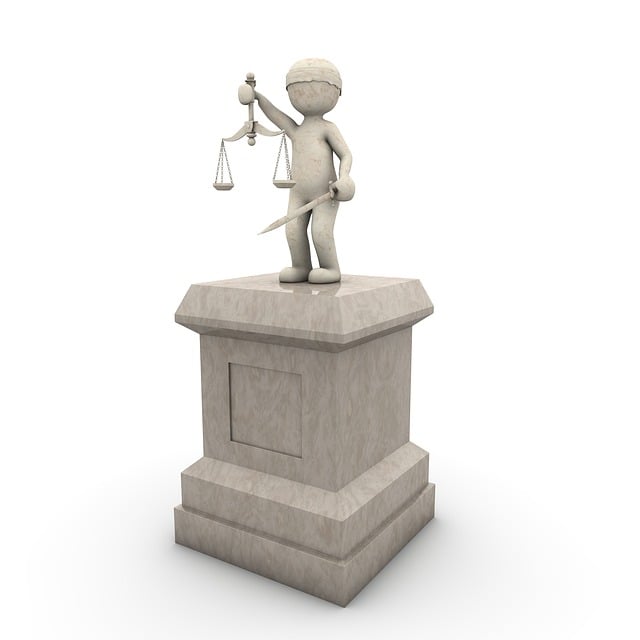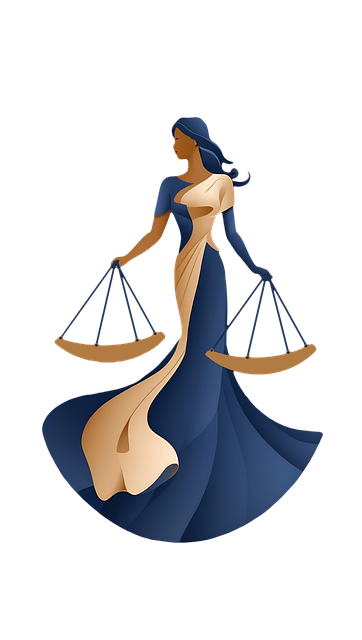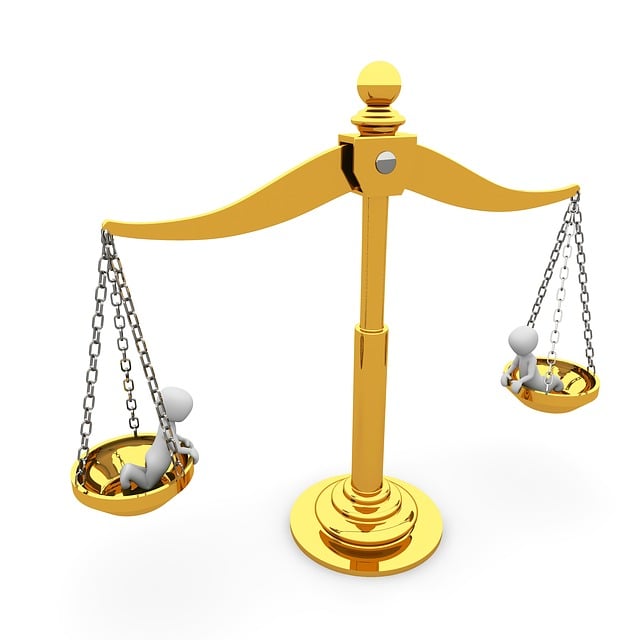Understanding Entrapment Defenses in Criminal Law is essential for whistleblower protection lawsuits. These defenses challenge the integrity of investigations, focusing on inducement by authorities, lack of prior intent, and manipulative tactics. In high-stakes cases like white-collar crime, they protect individuals from unjust prosecution, ensuring actions align with moral compass. Legal strategists gather evidence to prove voluntary and genuine disclosures, securing verdicts and maintaining fairness in the criminal justice system while supporting transparency.
Whistleblower protection lawsuits play a crucial role in upholding ethical conduct within organizations, as they empower individuals to expose illegal activities without fear of retaliation. This article delves into the intricate world of whistleblower protection, focusing on entrapment defenses in criminal law. We explore key elements, legal strategies, and considerations for both civil and criminal trials. By understanding entrapment defenses, individuals facing accusations can navigate the complexities of these cases effectively.
- Defining Whistleblower Protection Lawsuits
- Elements of Entrapment Defenses
- Legal Strategies for Defense Cases
- Key Considerations in Criminal Trials
- Impact and Challenges in Enforcement
Defining Whistleblower Protection Lawsuits

Whistleblower Protection Lawsuits are legal actions taken by individuals who expose illegal or unethical activities within their organizations or governments. These suits aim to protect whistleblowers from potential retaliation, ensuring they can safely come forward with valuable insights. Understanding Entrapment Defenses in Criminal Law plays a crucial role in these cases, especially for those facing high-stakes charges like white collar and economic crimes.
Entrapment defenses argue that the defendant was induced or pressured into committing a crime by law enforcement or government agents. This strategy can be powerful in avoiding indictment for whistleblowers who might feel compelled to participate in questionable activities due to their unique circumstances. By raising entrapment as a defense, individuals can protect themselves from unjust prosecution and ensure their actions align with their moral compass.
Elements of Entrapment Defenses

Entrapment defenses are a crucial aspect of understanding whistleblower protection lawsuits within criminal law. These defenses argue that a defendant was enticed or pressured into committing a crime they otherwise would not have. To succeed, defendants must prove two key elements: first, that law enforcement or government agents induced them to commit the act; and second, that they had no prior intent or disposition to engage in such conduct. This defense strategy is particularly relevant in high-stakes cases involving corporate and individual clients, where entrapment can challenge the very foundation of investigative and enforcement processes at all stages.
By examining the circumstances leading up to the alleged crime, legal teams can uncover potential evidence of entrapment. This might include undercover agents assuming false identities, offering significant incentives or rewards, or creating a high-pressure environment that pushes individuals into illegal actions. Such tactics, when used to manipulate vulnerable parties, can undermine the integrity of the legal process and lead to successful entrapment defenses in whistleblower cases.
Legal Strategies for Defense Cases

In whistleblower protection lawsuits, understanding entrapment defenses in criminal law is crucial for crafting a strong defense strategy. Entrapment occurs when government officials or agents induce a person to commit a crime they wouldn’t have otherwise contemplated. In the context of whistleblowing, this could involve pressuring or luring an individual into revealing confidential information under false pretenses. Legal strategies for defense cases often focus on demonstrating that the whistleblower was not entrapped but rather acted voluntarily and with genuine intentions.
A key aspect of these defenses is showing that the individual had prior knowledge or a motive to disclose the information independently. Defense attorneys may gather evidence from all stages of the investigative and enforcement process to prove their case. By presenting compelling arguments and witness testimonies, they aim to secure winning challenging defense verdicts in jury trials, ensuring justice for those accused of whistleblowing when there was no actual entrapment involved.
Key Considerations in Criminal Trials

In criminal trials involving whistleblower protection lawsuits, understanding entrapment defenses is crucial. Entrapment occurs when law enforcement officials induce a person to commit a crime they wouldn’t have otherwise committed. This legal concept is significant in cases where whistleblowers might allege they were pressured or tricked into divulging sensitive information. The key lies in distinguishing between legitimate reporting and inducement, as an entrapment defense can challenge the validity of evidence gathered during such interactions.
The unprecedented track record of successful white-collar defenses often hinges on how these entrapment issues are handled. Across the country, legal strategists specializing in whistleblower cases have honed their skills to navigate these complexities. By scrutinizing the methods employed by authorities and the intent behind their actions, they can build robust arguments that protect the rights of whistleblowers while ensuring fairness in the criminal justice system.
Impact and Challenges in Enforcement

The impact of whistleblower protection laws is significant as they empower individuals to come forward with valuable insider information without fear of retaliation or legal repercussions. These laws are crucial in fostering transparency and accountability within organizations, enabling the exposure of fraudulent activities, unsafe working conditions, environmental violations, and other wrongdoings that may harm the public interest. However, while these protections offer a safety net for whistleblowers, they also present unique challenges in their enforcement.
One notable challenge is navigating entrapment defenses in criminal law. Whistleblowers must be vigilant against potential manipulation or inducement to disclose information. Understanding entrapment defenses is essential to ensure that their actions are not misconstrued as criminal. Achieving extraordinary results in whistleblower protection lawsuits often hinges on demonstrating genuine and voluntary disclosures, free from external coercion, to avoid the complete dismissal of all charges or successfully avoiding indictment.
Whistleblower Protection Lawsuits, while serving a noble purpose, can be complex. By understanding entrapment defenses within criminal law, individuals facing such charges can navigate these legal intricacies more effectively. Armed with knowledge of the elements and strategic approaches discussed, those accused can better protect their rights and ensure fair outcomes in court. This comprehensive exploration highlights the importance of recognizing and utilizing entrapment defenses as a key consideration in whistleblower cases.






